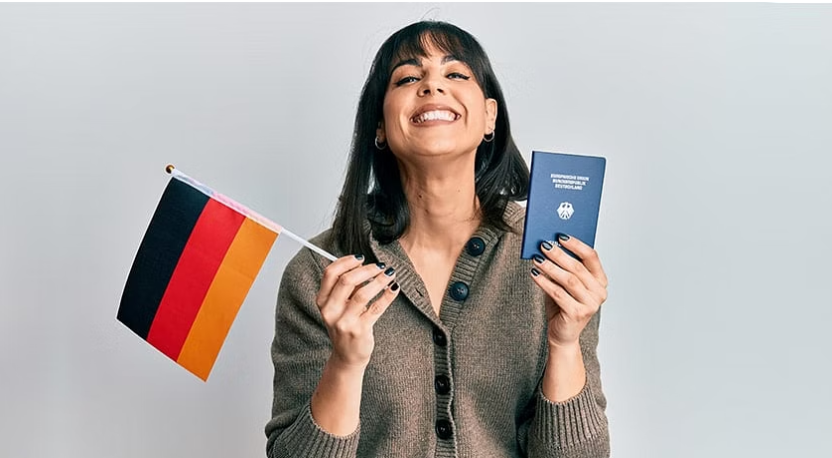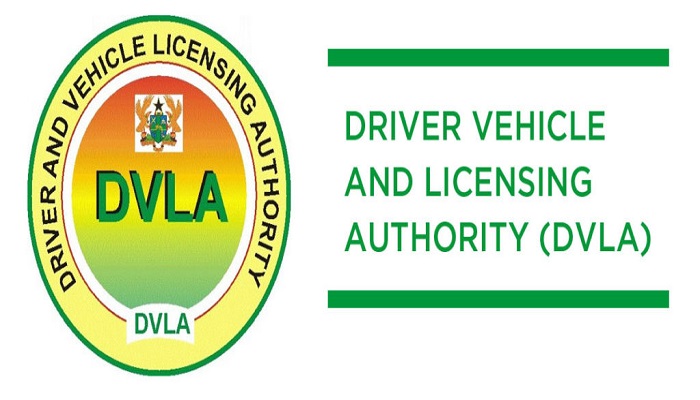You can get a four (4) years German Visa in a few steps. First, there are many types of Visas that can enable you to enter Germany.
Germany, officially known as the Federal Republic of Germany, is a country located in central-western Europe. It is bordered by nine countries, including Denmark to the north, Poland and the Czech Republic to the east, Austria and Switzerland to the south, France and Luxembourg to the southwest, Belgium and the Netherlands to the northwest.
How To get four (4) Years German Visa For South Africans
If you are looking for a Visa to Germany, you are on the right article as we are going to show you the step-by-step process to obtaining a valid German Visa for four years.
Germany offers various types of visas depending on the purpose and duration of the intended stay. Here are some common types of visas available for individuals planning to visit Germany:
- Schengen Visa
- National Visa (Long-Stay Visa)
- Employment Visa
- Study Visa
- Family Reunion Visa
- Au Pair Visa
- Job Seeker Visa
- Freelancer Visa
- Medical Treatment Visa
In this article, we will guide you through the process of obtaining a Study Visa that allows you to Local or International Students.
Let’s begin with a step-by-step explanation of how to secure this extended visa duration:
Step 1: Choose a program at a Public University in Germany. Start by researching about Public Universities in Germany and selecting a program that suits your academic goals. Ensure that your chosen university is recognized and offers programs that match your interests and qualifications.
ALSO READ: List of Public Universities In Germany
Step 2: Meet the Admission Requirements Check the admission requirements for your desired program and make sure you fulfill them. This may include submitting academic transcripts, language proficiency test scores (e.g., German or English), letters of recommendation, and a statement of purpose.
Step 3: Apply to the University. Submit your application to the chosen university before the application deadline. Follow the university’s application procedures, which may involve completing an online application form and providing the required documents.
Step 4: Receive the University Acceptance Letter If your application is successful, you will receive an acceptance letter from the university confirming your admission to the program. This letter is a crucial document for the visa application process.
Documents Needed To Apply For Visa
- Completed visa application form.
- Valid passport.
- Passport-sized photographs (usually two).
- Letter of admission from a German university or proof of enrollment in a preparatory course.
- Proof of language proficiency (e.g., TestDAF, DSH, or other recognized language tests). However, most Universities in Germany do not require Proof of language proficiency if you have already pursued a course taught in English Language.
- Proof of financial resources to cover your living expenses and tuition fees, such as bank statements or scholarship letters.
- Health insurance coverage for the duration of your stay in Germany.
- A blocked bank account (Sperrkonto) or a declaration of commitment (Verpflichtungserklärung) if applicable.
- Academic certificates and transcripts of previous education.
- Curriculum vitae (CV) or resume.
- Motivation letter or statement of purpose explaining your reasons for studying in Germany.
- Proof of accommodation in Germany (e.g., rental agreement or confirmation from a university dormitory).
- Proof of travel arrangements, such as flight bookings.
- Visa application fee payment receipt.
How To Apply For German Visa After Receiving Your Admission Letter
To apply for a German student visa after receiving your admission letter, you can follow these general steps:
- Confirm visa requirements: Check the official website of the German embassy or consulate in your country to understand the specific visa requirements and procedures. Ensure you have all the necessary documents.
- Complete the visa application form: Fill out the visa application form accurately and legibly. You can usually download the form from the embassy’s website or obtain it in person from the embassy or consulate.
- Gather the required documents: Collect all the documents listed above. Make sure they are complete and meet the specified requirements, such as translations or notarizations if necessary.
- Pay the visa application fee: Pay the applicable visa fee, which can vary depending on your nationality and visa type. Keep the payment receipt as proof of payment.
- Submit your application: Submit your visa application along with the required documents during your appointment. The embassy or consulate will review your application and supporting documents.
- Make an appointment: Schedule an appointment with the German embassy or consulate in your country to submit your visa application. Some embassies may require online appointment booking.
- Attend the visa interview: On the scheduled date, go to the embassy or consulate for your visa interview. Bring all the required documents, including photocopies, as requested.
- Provide biometric data: In some cases, you may be required to provide biometric data (fingerprints and/or a photograph) during the application process.
- Wait for processing: The processing time for a student visa can vary, but it generally takes several weeks. During this period, the embassy or consulate will assess your application and make a decision.
- Collect your visa: Once your visa is approved, you will receive your passport with the visa sticker. Collect it from the embassy or consulate according to their instructions.
It’s important to note that these steps are a general guideline, and the specific process may vary depending on your country and the German embassy or consulate you are dealing with. Therefore, it is advisable to consult the official website of the embassy or consulate for the most accurate and up-to-date information regarding the visa application process.
SOURCE: Papergist.com



